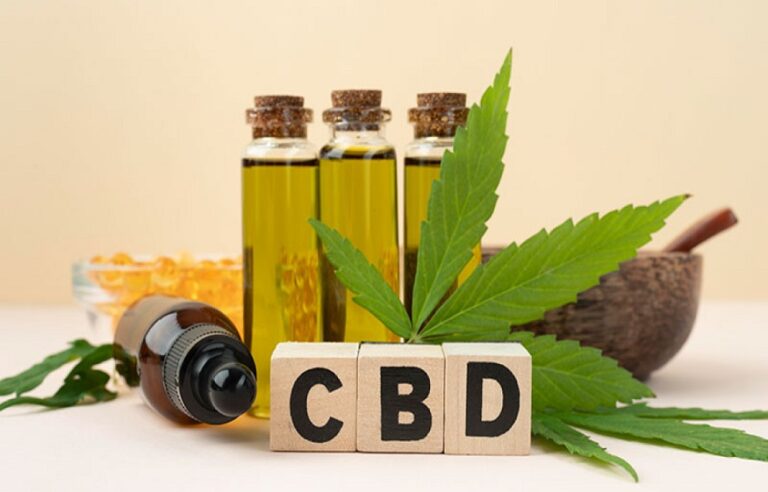Drug addiction or substance use disorder diagnosis necessitates a comprehensive assessment, which frequently entails an evaluation by a psychologist, psychiatrist, or certified alcohol and drug counselor. These tests, however, might be employed to track healing and therapy. The treatment of addiction is not necessarily an easy journey as the person is pitted against himself or herself. It is a battle within that affects physical and mental health along with the people around.
The journey towards an addiction-free life is not only meant for the patient but also the closed ones. This treatment often requires one’s family and friends to be there as a strong support system as it takes a toll on the person. One must follow the treatment procedure no matter how hard it seems. Some patients need inpatient facilities as they require 24×7 monitoring due to their condition.
Treatment
Treating addiction often does not end up with treating just the addiction. The underlying issues like physical or mental conditions get diagnosed and taken care of to reduce the chances of a relapse. Sustained monitoring is necessary to stop relapses. Learn More about various treatment options and their benefits.
Therapy For Withdrawal
The purpose of detoxification, sometimes referred to as “detox” or withdrawal treatment, is to make it feasible for you to cease safely and swiftly using the addictive substance. It might be safe for certain individuals to receive withdrawal treatment as an outpatient. Some could require admission to a residential treatment facility or a hospital.
Overindulgence In Opioids
Emergency personnel or, in certain states, anybody observing an overdose can administer naloxone in the event of an opioid overdose. Naloxone counteracts the effects of opioids momentarily.
Medications Used In Therapy
In many cases, doctors choose to prescribe some medicines to deal with addiction-related issues. They help recover from the effects though they do not necessarily cure addiction. The drugs like methadone, buprenorphine, naloxone, and naltrexone might help to prevent relapses.
BehaviorModification
Behavior therapy is often a common part of addiction treatment and it can be provided by a psychotherapist, psychiatrist, or a certified drug counsellor. One can receive therapy and counseling as an individual, as a family, or as a group.

















+ There are no comments
Add yours